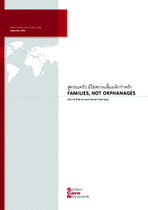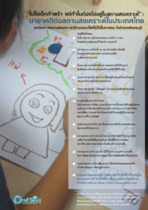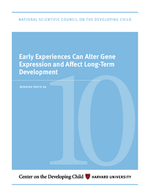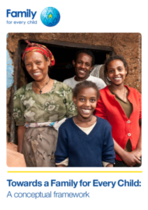Keeping secrets: how children in foster care manage stigma
This article follows on from ‘How children in foster care engage with loyalty conflict: presenting a model of processes informing loyalty’ (Dansey, John and Shbero, 2018), published in the previous edition of this journal.




